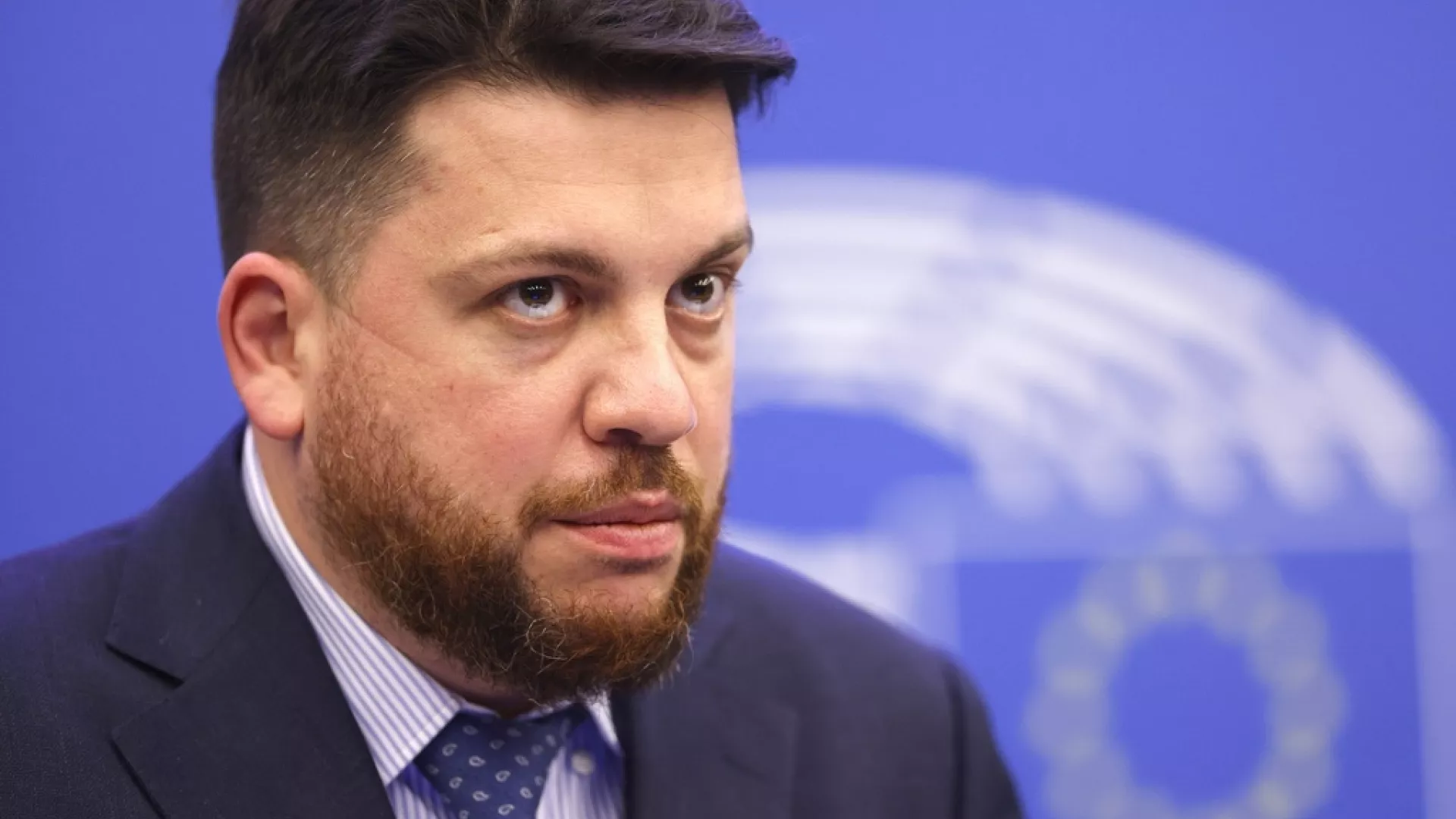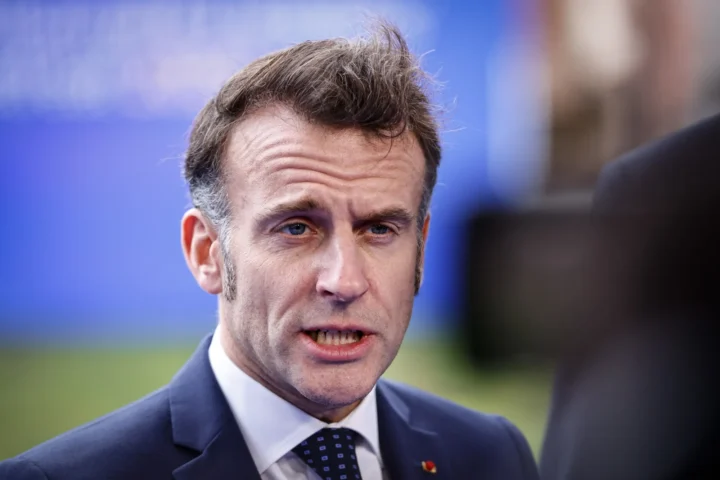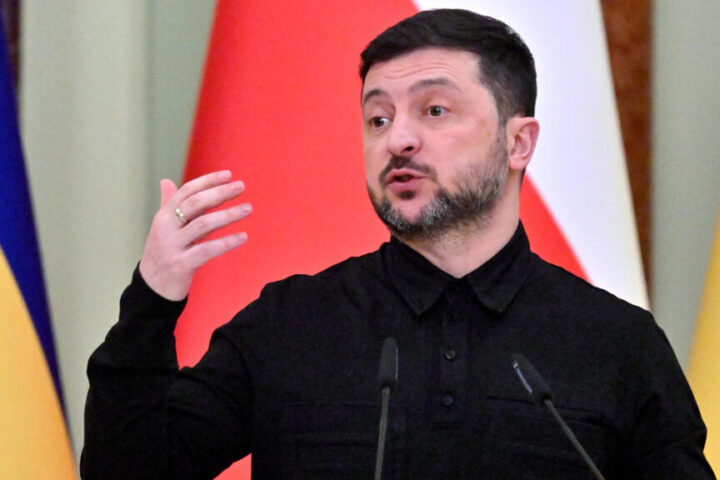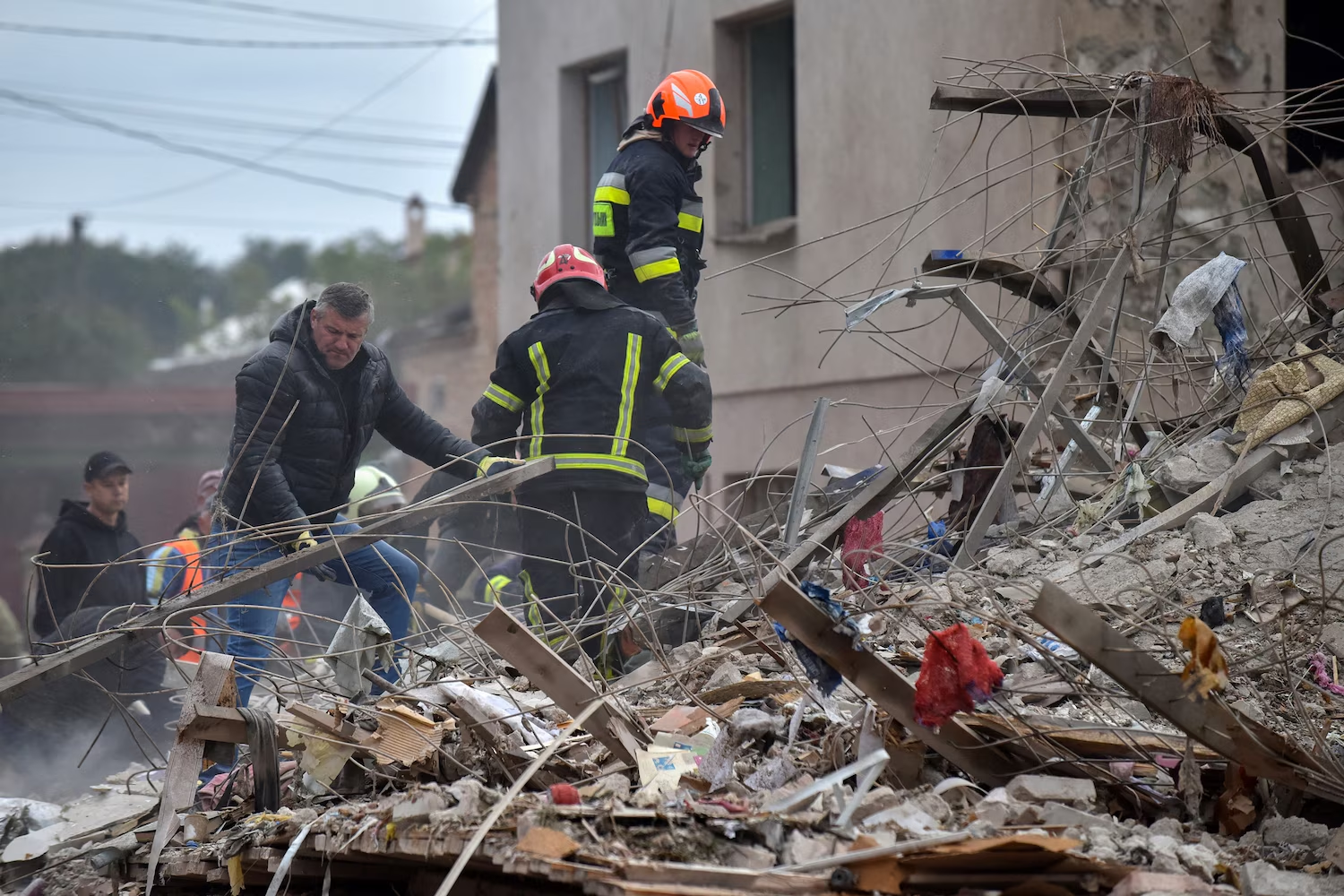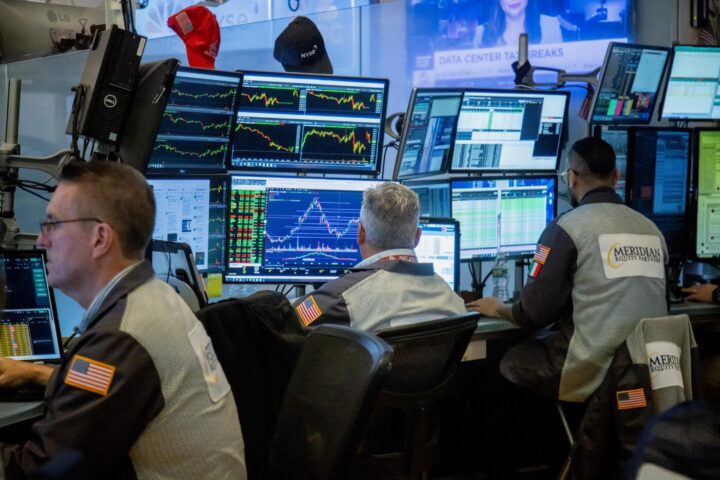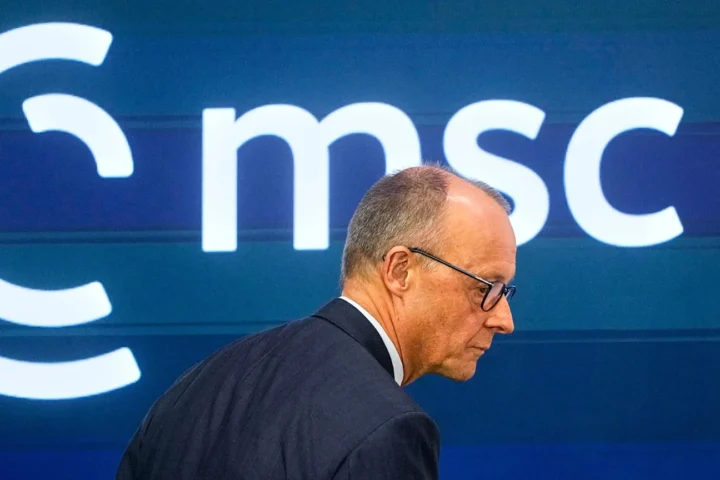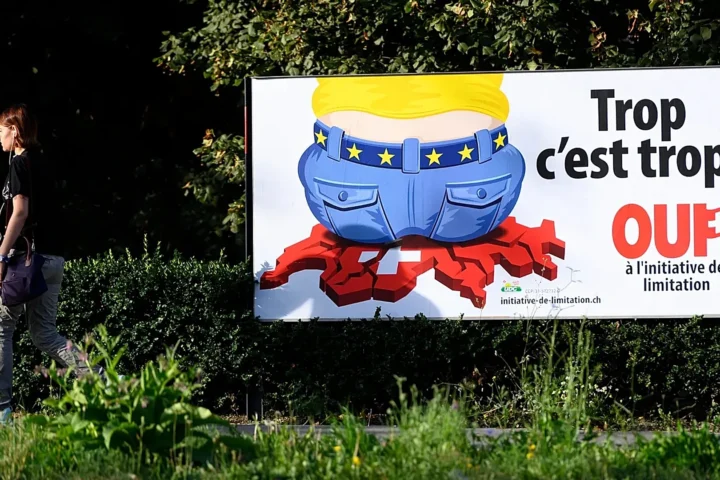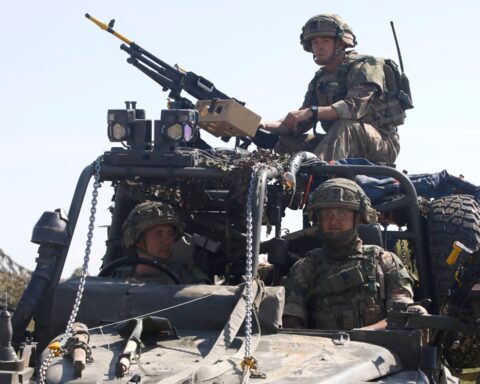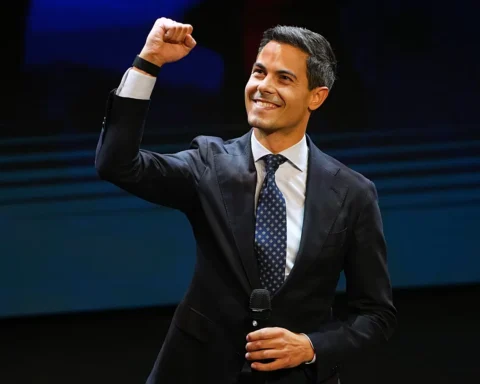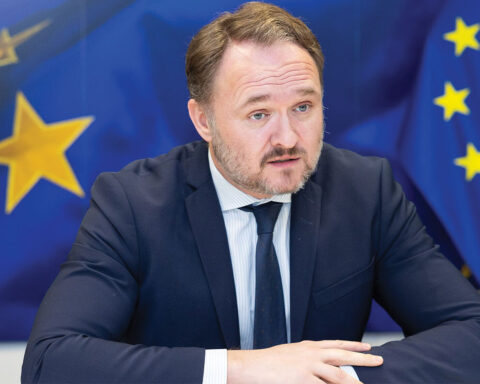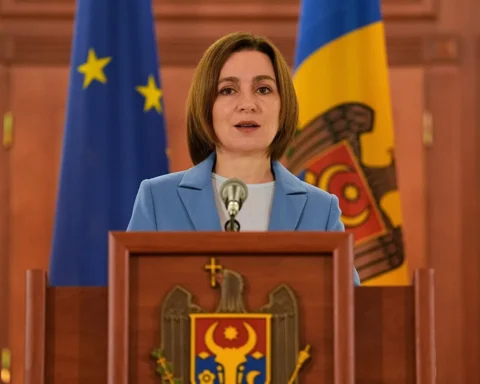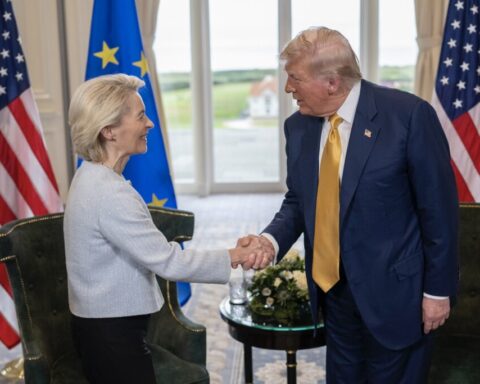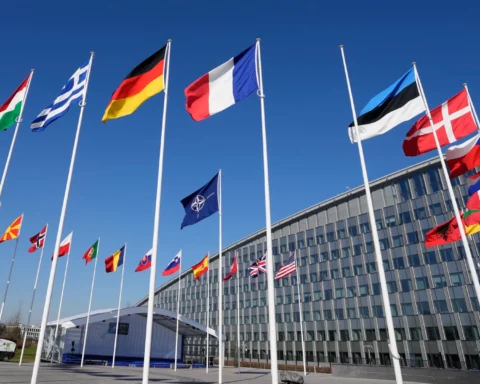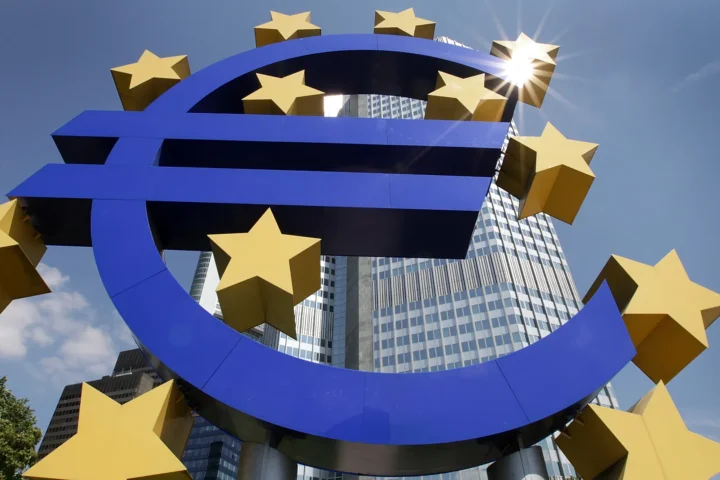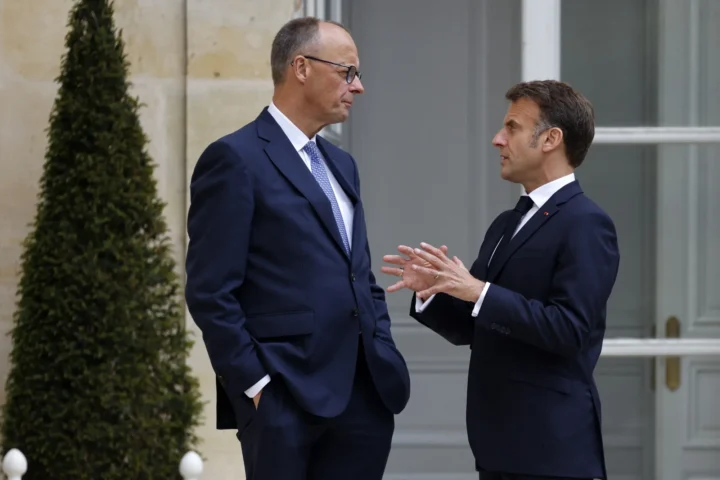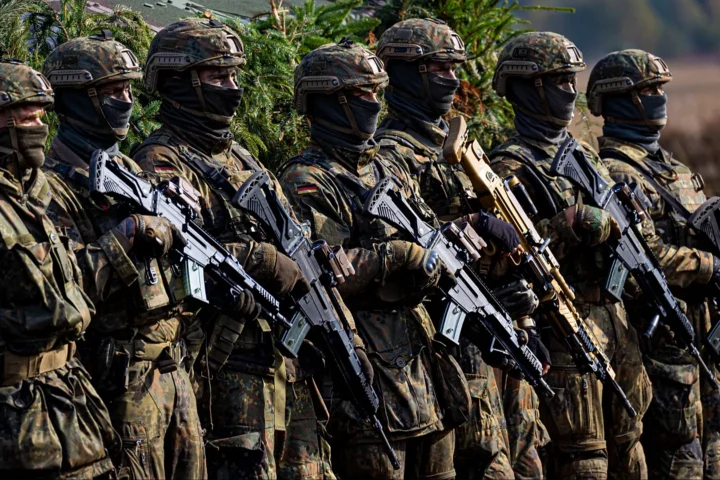In a recent development, two individuals have been apprehended in Poland under suspicion of orchestrating an attack on Russian opposition activist Leonid Volkov in Lithuania. Volkov, a prominent ally of the late activist Alexei Navalny, was assaulted outside his residence in the Lithuanian capital, Vilnius, where he resides in exile.
The assailant reportedly shattered one of Volkov’s car windows, discharged tear gas into his eyes, and struck him with a hammer during the attack in March, as confirmed by local law enforcement authorities at the time.
Lithuanian President Gitanas Nausėda, addressing reporters in Vilnius, expressed gratitude to Poland for its collaborative efforts in the investigation. While announcing the arrests, President Nausėda assured that the suspects would be transferred to Lithuania, though the exact timeline for their extradition remains unspecified.
The announcement drew attention to the ongoing cooperation between Lithuania and Poland in addressing cross-border security concerns. However, no immediate response was available from Polish President Andrzej Duda or other Polish officials regarding the matter.
Reacting to the news, Volkov acknowledged the diligent efforts of Lithuanian law enforcement in pursuing the case over the past month. Expressing satisfaction with the progress made, he eagerly anticipated further details emerging from the investigation.
The assault left Volkov with a fractured arm, prompting allegations against agents affiliated with Russian President Vladimir Putin for orchestrating the attack. Undeterred by the incident, Volkov reiterated his commitment to opposition activities.
The assault on Volkov occurred against the backdrop of Navalny’s demise under mysterious circumstances in a remote penal colony. Navalny, renowned as Russia’s foremost opposition figure and a vocal critic of Putin’s administration, had been incarcerated since January 2021 on politically motivated charges of extremism.
The death of Navalny stirred international condemnation, with Western leaders and opposition figures holding the Kremlin accountable, a claim vehemently denied by Russian authorities. Navalny’s funeral in Moscow on 1 March witnessed a significant turnout, underscoring public defiance amidst the Kremlin’s crackdown on dissent.
Yulia Navalny, the late activist’s widow, reaffirmed her determination to continue her husband’s advocacy. Meanwhile, Volkov, formerly responsible for coordinating Navalny’s regional initiatives and electoral campaigns, relocated from Russia several years ago due to pressure from the authorities.
